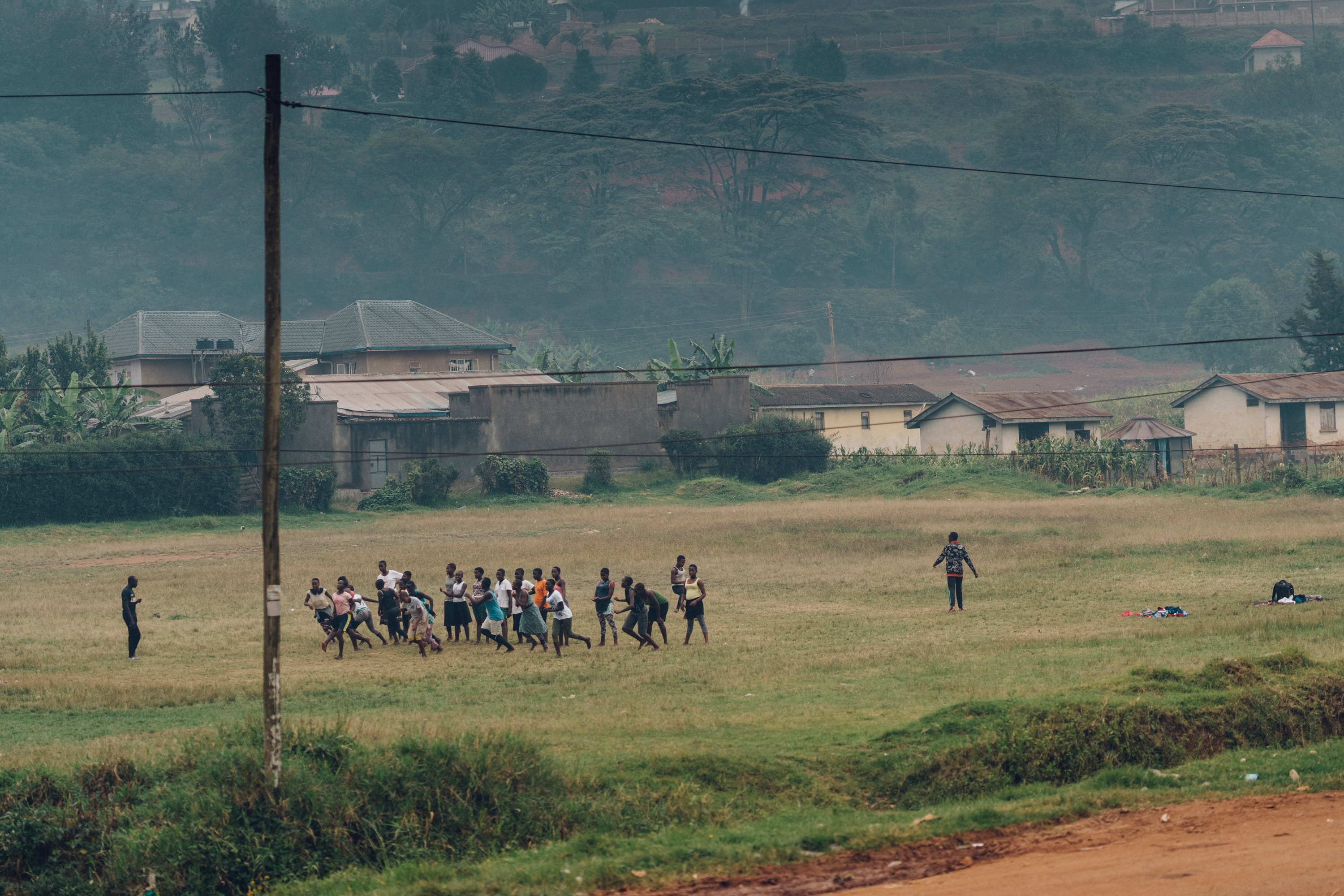Relaxing Credit Constraints and Tenure Insecurity in Imperfect Markets

Issue:
The 2013 World Bank report “Securing Africa’s Land for Shared Prosperity” states that more than 90 percent of Africa’s rural land is undocumented, making it vulnerable to corruption, land grabbing and expropriation. Helping citizens better secure property and land titles is a priority throughout much of the developing world given uncertain land ownership policies arrest economic growth and poverty alleviation. These issues are especially relevant in Uganda, where 90% of the population live in rural areas, 80% of the land is held under non-registered customary tenure, and just under 8% of individuals aged 18 years and above had received a formal loan in the 12 months preceding the 2016/17 National Household Survey. Lack of tenure security has motivated the World Bank and the Government of Uganda to launch an ongoing initiative to provide households with financial and informational incentives designed to promote land registration and joint spousal titling. Available evidence shows that registration programs can unlock economic opportunities, opening up new ways to invest in agricultural production or off-farm income-generating activities given greater security in property ownership. However, access to credit may be important to enable households to act on new investment opportunities, making the complementary role of liquidity alongside tenure security important to understand for effective policymaking.
Questions:
- How does increased tenure security affect household on-farm and off-farm investment decisions, and ultimately their agricultural productivity and overall income?
- Do investment decisions and outcomes change when credit opportunities are available to recently titled land owners?
Abstract:
Developing countries are plagued with multiple institutional and market distortions. One important institutional imperfection is weak property rights over land. While land titling is expected to increase the incentives individuals have to make efficient long-term productive investments, its effectiveness might be weakened without an accompanying increase in credit supply. This study aims to shine novel light on the complementarity between relaxing credit and tenure security constraints. We plan to conduct an experiment in rural Uganda in which households are randomly assigned the opportunity to obtain credit. This experiment is layered over an ongoing evaluation of a large-scale government land titling intervention led by the Ministry of Lands, Housing, and Urban Development, and results will directly inform the government’s efforts to title more than one million households in Uganda. As other countries in Sub-Saharan Africa implement full-scale land formalization policies, this study should provide policymakers with evidence on what complementary reforms may strengthen property rights institutions.
Research team:
- Markus Goldstein
- James Habyarimana
- Joao Montalvao
- Michael O’Sullivan
- Christopher Udry
- Maitreesh Ghatak
- Ministry of Lands, Housing and Urban Development, Uganda
- Associates Research
- BRAC Uganda




